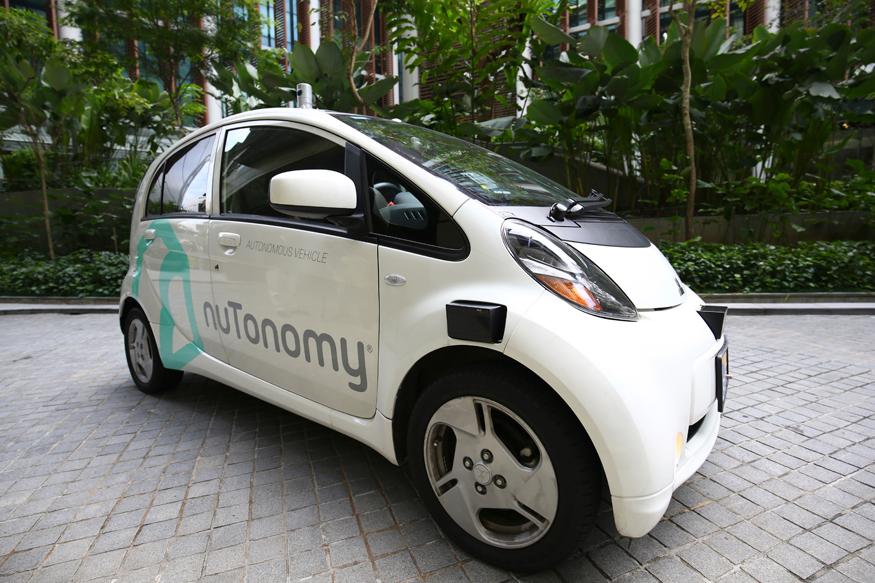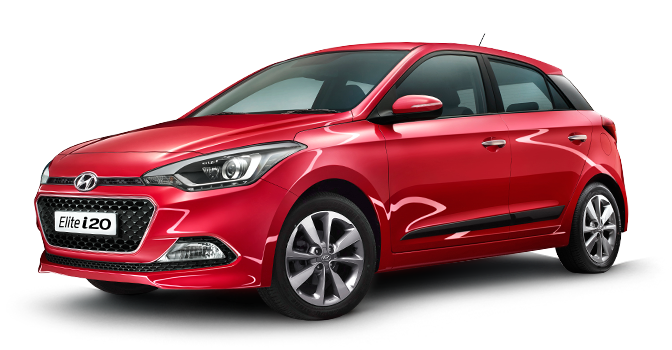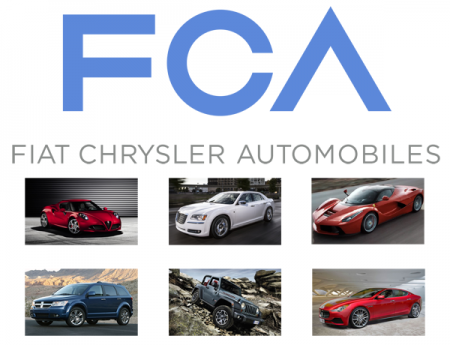Now Reading: Driverless Taxi nuTonomy To Expand Operations in 10 Cities by 2020
-
01
Driverless Taxi nuTonomy To Expand Operations in 10 Cities by 2020
Driverless Taxi nuTonomy To Expand Operations in 10 Cities by 2020

A United States software company which selected Singapore for the world’s very first public trial of driverless taxis hopes to be operating in 10 Asian and US cities by 2020, an executive stated.
Doug Parker, nuTonomy’s chief operating officer, stated the company is considering tests by early next year in 3 other Asian nations which he refused to name. He stated an announcement of the test locations would be made within the next month. The company recently began the world’s very first driverless taxi service in a limited trial for invited individual in a Singapore research campus.
Parker stated nuTonomy was likewise considering trials in the Middle East, the United States and Britain. More than a lots people in Singapore have currently experienced a ride in the “robo-taxi” within the boundaries of one-north, an enclave of technology and science research institutes outside the main downtown.
The present test vehicle– a modified Mitsubishi i-MiEV electric car, plies a 2.5 square mile area with set pick-up and drop-off points. Trips need to be scheduled through the company’s mobile phone app and are presently by invitation.
Five other test cars, that are Renault Zoe, will be included to the fleet next month. Information from the experiment will feed into the rollout of driverless taxis throughout Singapore in 2018, stated Parker, adding that by 2020 “we would like to be in 10 cities in Asia, the United States and maybe Europe”.
Parker said the car, geared up with the advanced laser, radar and cameras, has thus far skilled navigating among buses, slowing down at pedestrian lanes and getting used to unexpected street scenes.
Parker stated nuTonomy picked Singapore for the general public tests instead of Silicon Valley because of the existence of a “loyal technical talent”, including individuals with doctorates in robotics, whom it does not have to show other makers like Ford and Apple. The company likewise has the complete assistance of the Singapore government and the city-state’s flat terrain, well-marked roads and disciplined motorists make it well fit for driverless vehicles, Parker said.
Stay Informed With the Latest & Most Important News
Previous Post
Next Post
-
 01Polestar Boss Says It’s Time To Outrun BMW M And Mercedes-AMG
01Polestar Boss Says It’s Time To Outrun BMW M And Mercedes-AMG -
 02Spy Shots: 2027 Mitsubishi Pajero Spotted in Testing Ahead of Possible U.S. Return
02Spy Shots: 2027 Mitsubishi Pajero Spotted in Testing Ahead of Possible U.S. Return -
 032026 Toyota Hilux EV: A Powerful Truck with Silent Torque
032026 Toyota Hilux EV: A Powerful Truck with Silent Torque -
 042026 Corvette ZR1 Production Surges Past Expectations as Output Clears 1,000 Units
042026 Corvette ZR1 Production Surges Past Expectations as Output Clears 1,000 Units -
![2027 Mercedes-Benz S-Class Debuts with V8 Engine [Photo Gallery]](https://speedlux.com/wp-content/uploads/2026/01/2027-Mercedes-Benz-S-Class-33-155x125.jpg) 052027 Mercedes-Benz S-Class Debuts with V8 Engine [Photo Gallery]
052027 Mercedes-Benz S-Class Debuts with V8 Engine [Photo Gallery] -
 06Spy Photos: VW ID. Polo GTI Goes Electric with 223 HP and 280 Miles of Range
06Spy Photos: VW ID. Polo GTI Goes Electric with 223 HP and 280 Miles of Range -
 07Hyundai Palisade’s Breakout Year Shows How Quickly the Market Can Turn
07Hyundai Palisade’s Breakout Year Shows How Quickly the Market Can Turn



![2027 Mercedes-Benz S-Class Debuts with V8 Engine [Photo Gallery]](https://speedlux.com/wp-content/uploads/2026/01/2027-Mercedes-Benz-S-Class-33-700x394.jpg)









































